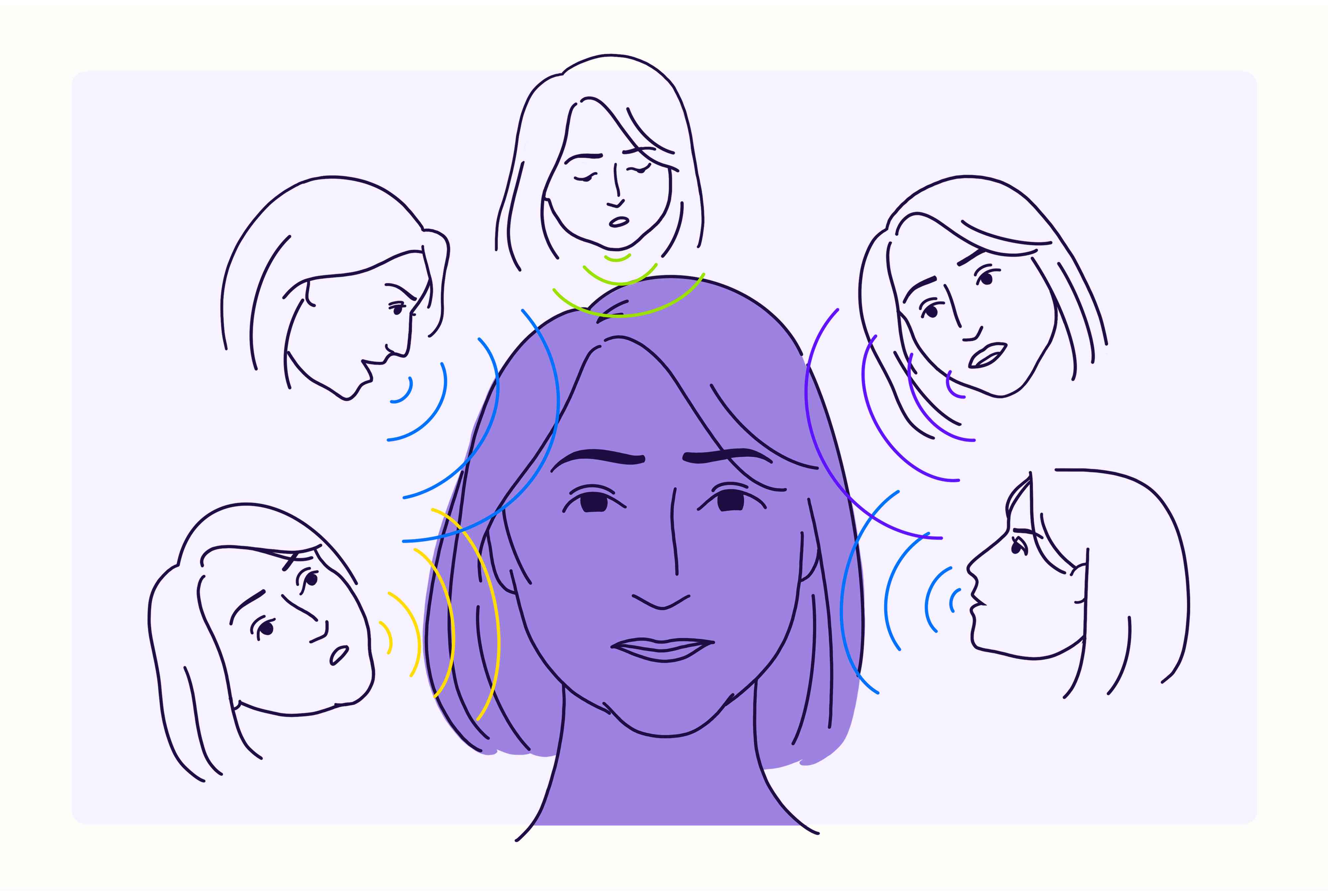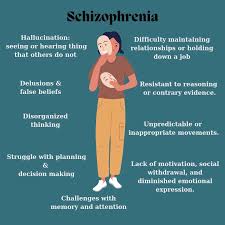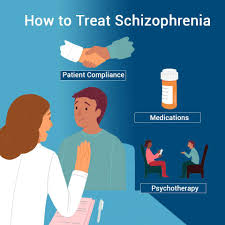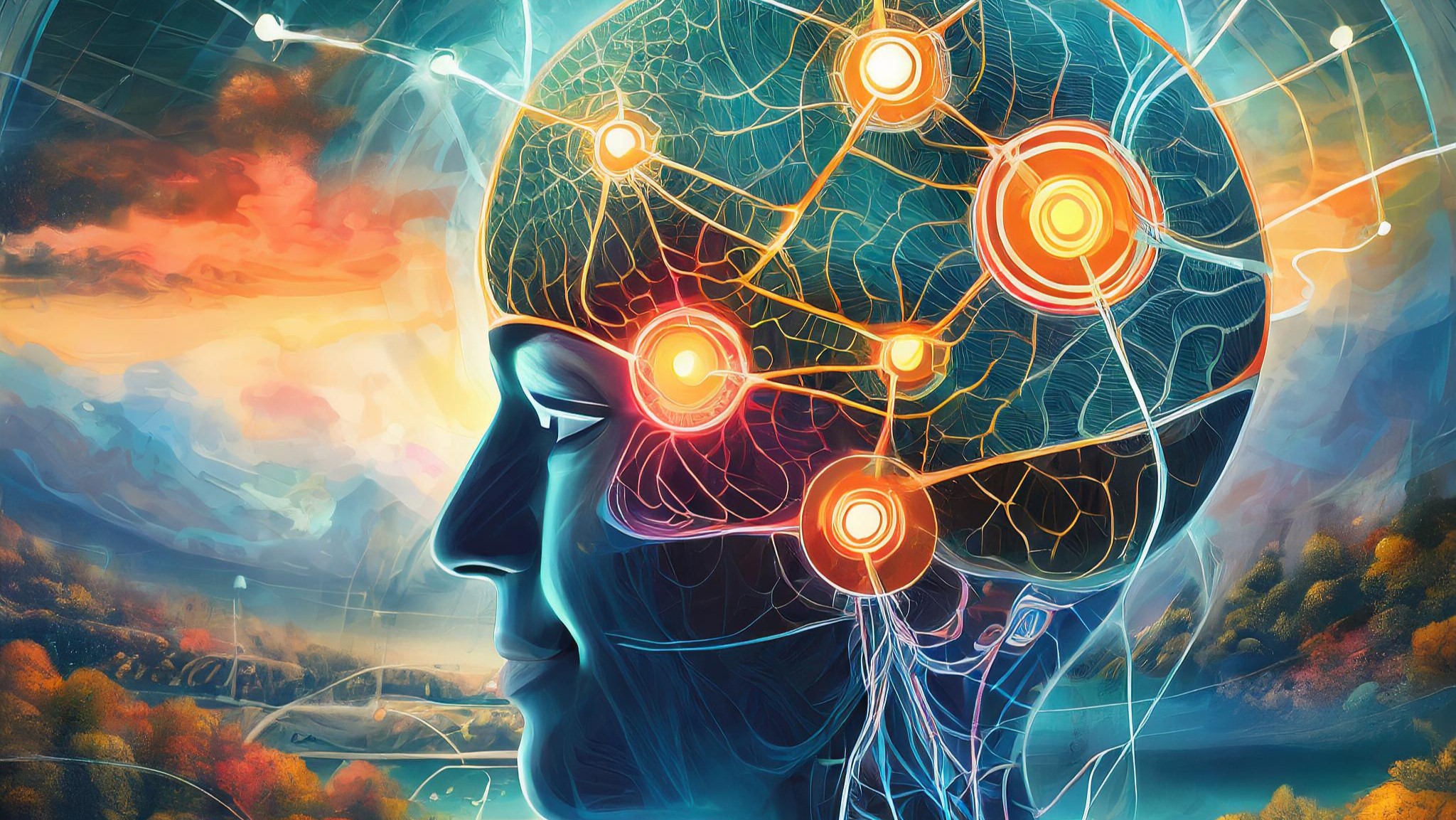In the vast topic of mental health, schizophrenia is one of the complex situations. Often misunderstood and labeled that schizophrenia influences thousands of human beings internationally, disrupting their thoughts, emotions, and perceptions of reality.  But the actual definition of schizophrenia is that it is a disorder affecting a person’s behavior, thought process, and feelings. It is generally seen in late adolescence or early adulthood, but it can occur in any age group.
But the actual definition of schizophrenia is that it is a disorder affecting a person’s behavior, thought process, and feelings. It is generally seen in late adolescence or early adulthood, but it can occur in any age group.
Causes of Schizophrenia:
The origins of schizophrenia are unknown exactly, but the most common causes include:
1)Imbalances in neurotransmitters such as dopamine and glutamate play a major role in causing schizophrenia by disturbing the behavior and thought process of the person.
2)Enlarged ventricles in the brain and low volume of gray matter in the brain are also one of the major causes of schizophrenia because the ventricles play a major role in brain functioning.
3)Viral infections during pregnancy, complications during childbirth, and high-dose medications during pregnancy disrupt brain function and may cause schizophrenia.
4)Stressful incidents in life such as trauma, childhood abuse, social isolation, and excessive use of cannabis and psychostimulants can also increase the risk of schizophrenia because via those incidents person’s mind will be disturbed majorly resulting in abnormal mood swings and disruptive feelings.
5) Any abnormality in the immune system such as autoimmune disorders i.e., your immune system attacks your cells may also result in schizophrenia due to a lack of immunity and hormonal imbalances.
What are the symptoms of schizophrenia?
 1)Hallucinations:
1)Hallucinations:
These involve imagining scenarios that are not present which may be visual hallucinations or else auditory hallucinations(hearing voices).
2)False beliefs:
False beliefs that do not exist in reality, feelings such as others who are plotting on you, or a high feeling of extraordinary abilities that you have superpowers.
3)Illogical thought process or disorganized behavior.
4)Reduced motivation:
Reduced motivation and difficulty in expressing emotions are some of the commonly seen symptoms in people with schizophrenia.
5) This condition can also affect the components such as memory, concentration, and even the thought process of people.
Diagnosing schizophrenia:
1)Usually as schizophrenia is a mental health issue it requires complete observation under a psychiatrist for a complete recovery.
2) After a clear examination by a psychiatrist via the patient's medical history, family background, etc the doctor will help with a proper treatment procedure.
3)Physical examinations which may contribute to schizophrenia and lab tests such as blood tests and scans may also be done to check out patients' brain structure and function.
4)Then psychologist will observe the patient's behavior, mood swings, emotions, and thought process through a clinical interaction.
5)To confirm whether you have schizophrenia the symptoms must last at least 6 months.
Managing schizophrenia:
Schizophrenia treatment involves a combination of medication and therapy:
1)Antipsychotic medications :
These medications play an important role in treating schizophrenia, they help in reducing symptoms such as hallucinations, and disorganized thinking. There are two main types of antipsychotics :
 a)Typical first-generation antipsychotics: These work by blocking the dopamine receptors to reduce the feelings of hallucinations and delusions.
a)Typical first-generation antipsychotics: These work by blocking the dopamine receptors to reduce the feelings of hallucinations and delusions.
b)Atypical second-generation antipsychotics: Atypical antipsychotics work to treat both positive and negative symptoms of schizophrenia such as both high peak emotions and very low emotions. These also have side effects due to which they are used only for people who have both positive and negative symptoms.
2)Therapy:
Behavioral therapy can help patients to manage their behavioral changes emotional disturbances, and thought processes. Therapy sessions will help the patient in a speedy recovery because the person will be at a low phase during schizophrenia where he/she can not understand what they are going through so in therapy by speaking closely the person can feel better and recover soon.
3)Lifestyle changes:
Adopting a healthy lifestyle by including regular exercise, a balanced diet, proper sleep, reducing stress through yoga and meditation, and avoiding smoking and drinking also play an important role in treating schizophrenia. These health habits regulate your brain functioning and help you in treating schizophrenia.
Schizophrenia affects about 20 million people worldwide. Schizophrenia isn't always a sickness of the mind but a condition where the person needs mental support. So do get proper therapy, and medication and have that positivity in yourself that can cope with the vulnerable situations.
